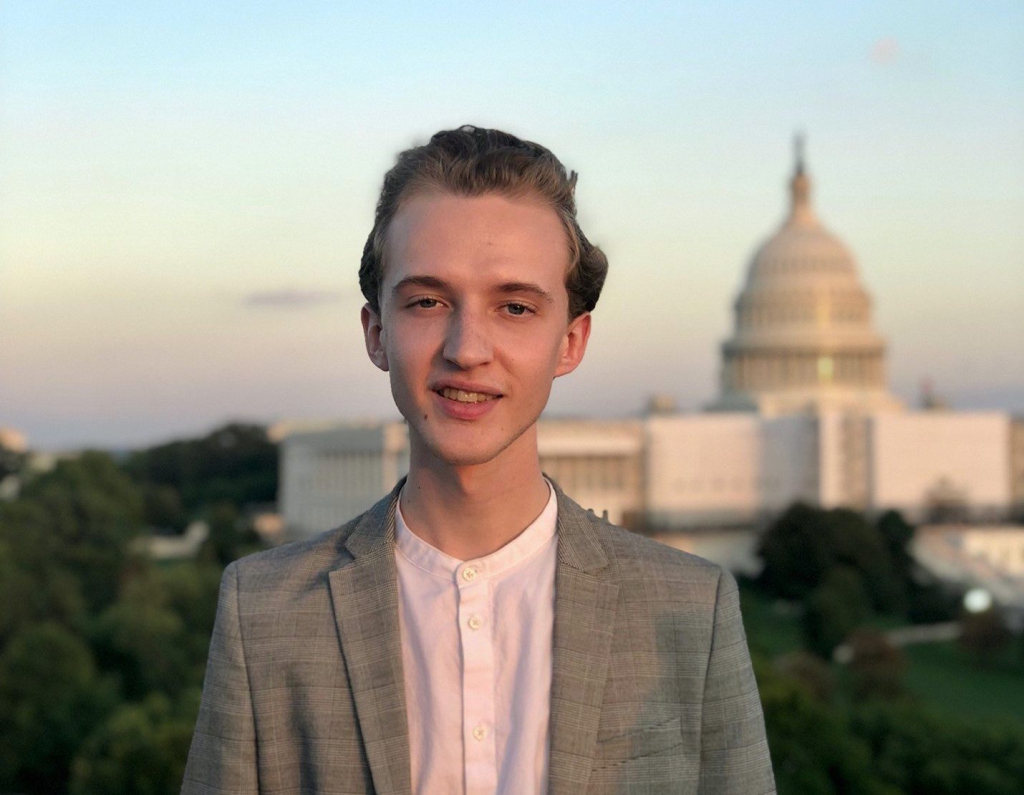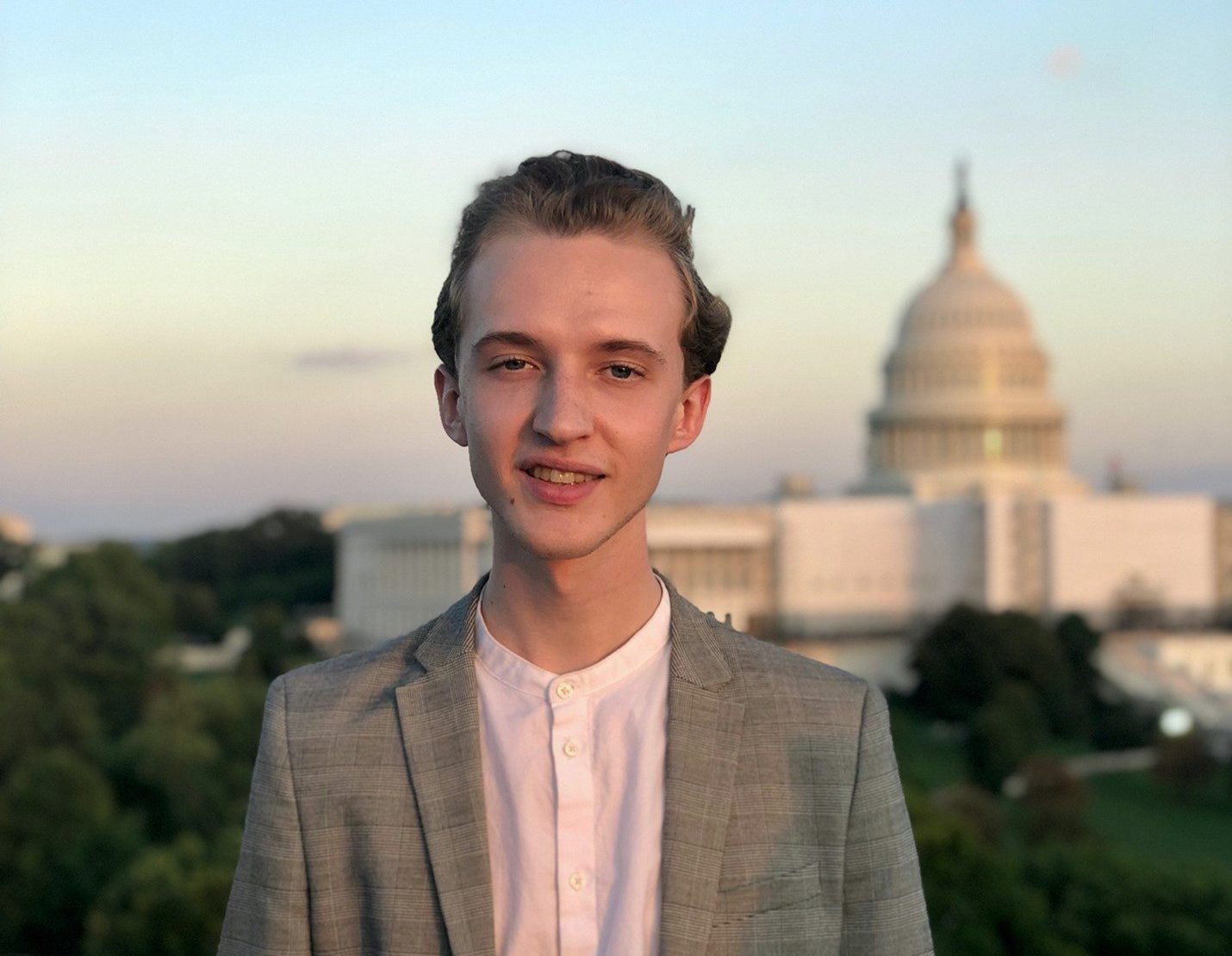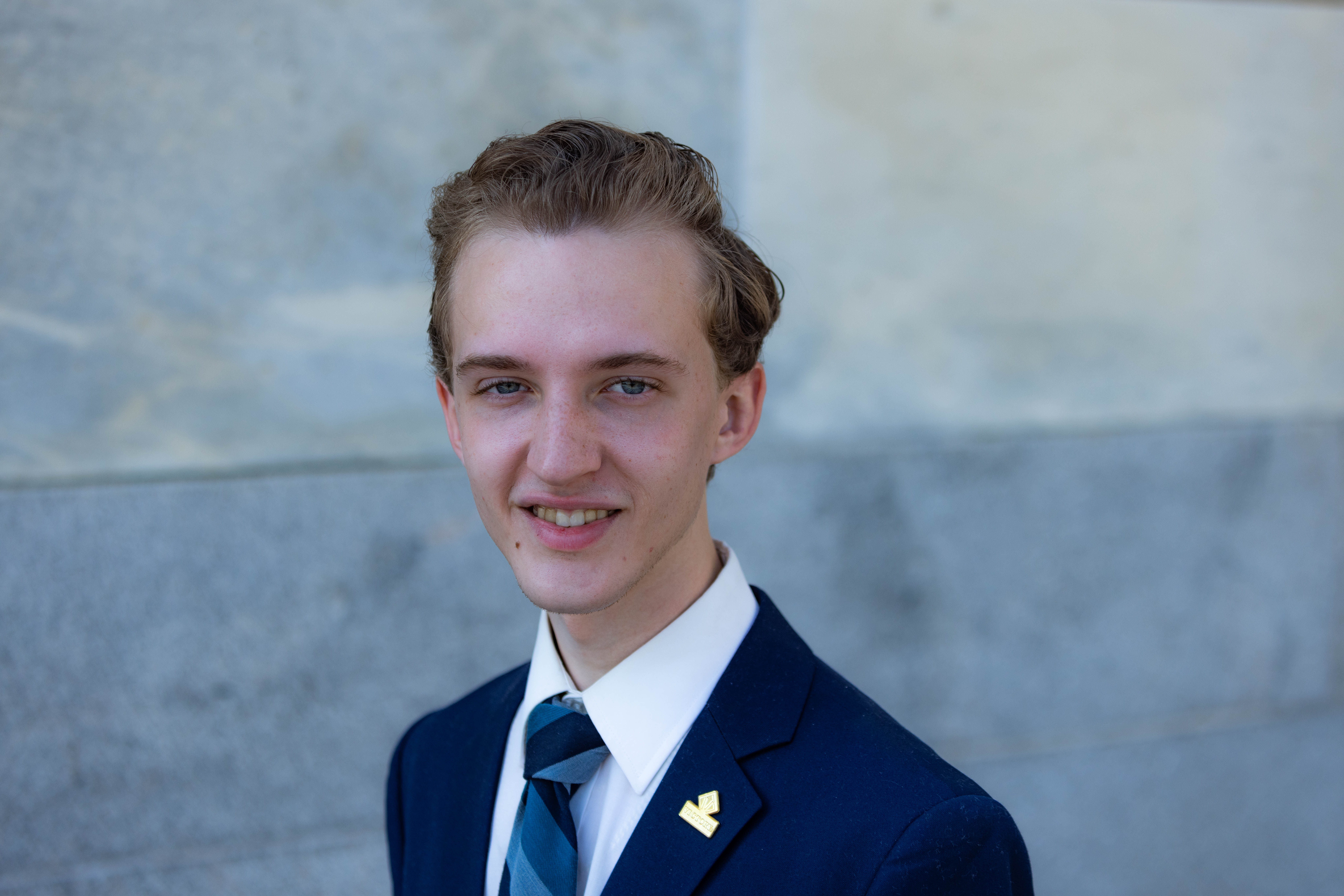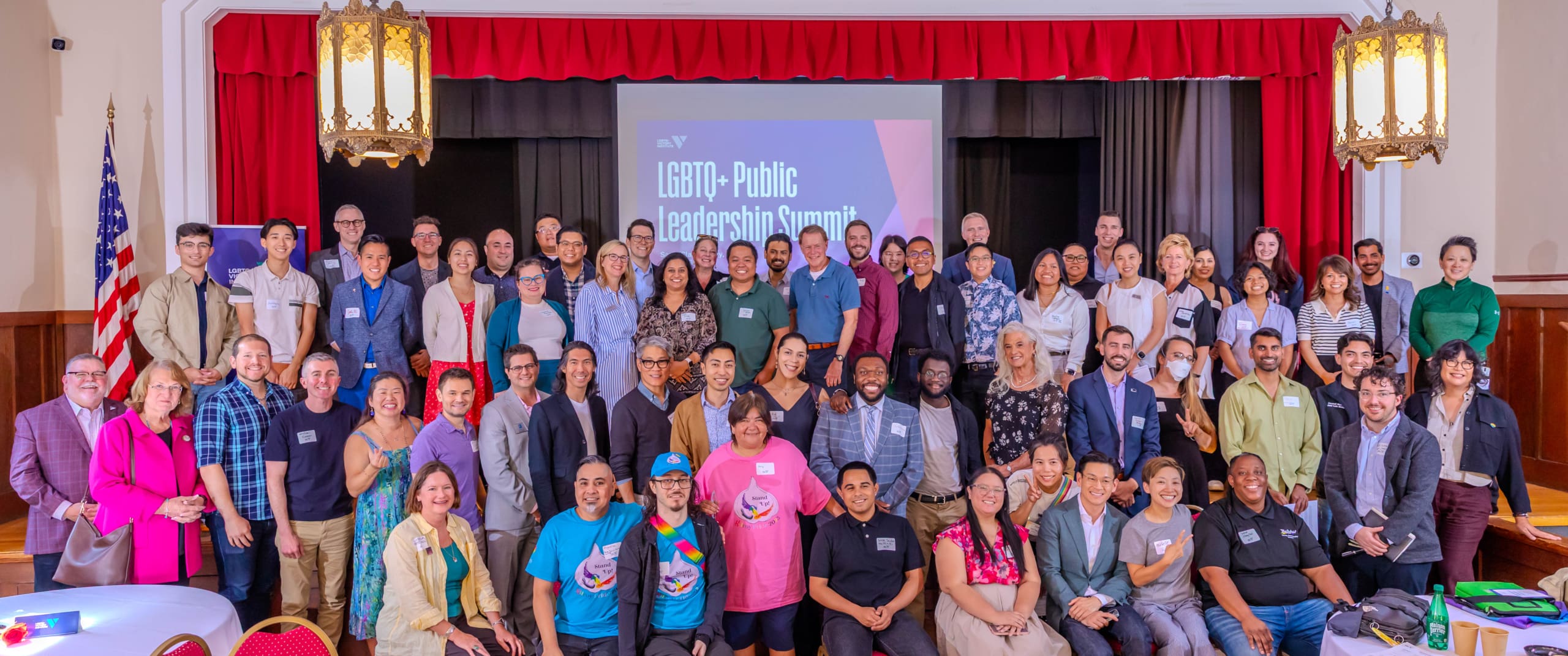
OUT ON THE HILL is the official blog of the Victory Congressional Interns. Views expressed do not necessarily reflect those of LGBTQ Victory Institute. Learn more about the internship at victoryinstitute.org/vci.
———————————–
When I first arrived in Washington, D.C. two months ago, I was extremely excited, but also overwhelmed and intimidated. I could not believe that I had been given an opportunity this unique and I was struggling to put my finger on what exactly it meant for me to be here. Personally, politically, and culturally; what does my presence mean in the halls of Congress? How does one singular person in the nation’s Capitol begin to make a meaningful and lasting impact? These were the questions that were running through my head upon arrival. Not necessarily in an empty or fearful way, but more so to help direct my thoughts and actions more intentionally in order to tap into the broader political, social, and personal context of my position in the Senate.
Eight weeks in, the uncertainty and intimidation have subsided; the basis of my overwhelming thoughts going from mystery to routine. As I settled into the nine-to-five task of helping government operate, I could not help but get discouraged. It has been easy to lose sight of why I am here and what it all means. It is very easy to lose touch with real, everyday people in a closed bubble of some of the brightest, most educated and driven individuals you have ever met. While it is all very new and exciting to be exposed to and immersed in these circles of people and governmental operations, it is also discombobulating. How can I meet genuine people and intrinsically get to know them when the culture around me primarily uses professional relationships for instrumental purposes? How can I reflect on what my work and presence really mean when the tasks feel so bureaucratic and removed from reality? How do my minute daily obligations contribute to the overall fulfillment of the needs of real, struggling people?
I grew up in a small, conservative, southern town of less than 5,000 at the time I was born. My parents did not go to college, my grandparents dropped out of high school. My dad has always been a mechanic, my mom cleaning houses on the side for extra cash to help make ends meet. I am the first generation in my family to go to college, much less to even consider a professional career in law and policy. It is easy to feel like an imposter when taking on challenges and tackling existential questions like these. Atop the barriers social class and socioeconomics have on charting a course in a professional world of which I am so far removed, I am not straight. As challenging as my sexuality has been personally, especially growing up in the Bible belt, it has also posed many professional challenges. People take us less seriously, hold us to a higher standard, and allow their preconceptions to alter their behavior when they approach us. My personal background and my sexuality can make it hard to feel like I belong in these circles.
I go to work every day with people whose parents are doctors and lawyers, policymakers and politicians. Many of the grown people I work with still to this day receive more financial and personal support from family than I have in the past seven or so years because of my sexuality or simply because I do not come from wealth. It is small things like these that remind me that these places were not built for me. This system is set up for people like me to fail. With no professional or educational support system to tap into; with no trust funds and family bonds to draw out of; with people back home unsupportive of me because of my identity; with everyday reminders that I am poor and gay; how can I not feel discouraged when immersed in upper echelon communities that I have never known or could have even imagined? Without money, connections, and majority status, I am reminded every day that this type of work is dominated by those who have already made it, those who are well off enough and assimilated enough to pursue their passions with minimal concern for their personal future and professional safety.
So when I tackle the question of what it means for me to be here; what my presence as a blue collar, non-heteronormative, southern, small-town man means in this elite northern city; it is easy to get discouraged. It is easy to lose sight of why I am here and what that means for those who will come after me. Charting my own course in this capacity has been liberating, but it has also been lonely and discouraging. So personally, politically, culturally; what does this internship mean for me? What does it mean for me to be here? What does it mean for our community?
Personally, the internship has meant a lot. It has shown me what is possible for those of us from humble backgrounds. It has shown me what I am capable of. Although my background is almost the opposite of those around me who have already made it, I am here too and I can also access and flourish in these circles. Although I may face more real and significant barriers due to my sexuality and social class, I am still at the same table. It may have taken and will continue to take exponentially more work, diligence, and proving of myself; but I am still here.
Politically, it means that the tides are changing. Politically it has shown me that I no longer have to fit an extremely specific mold to be present and legitimate in powerful institutions. Although my sexuality and social class causes others to become more political with my identity, hold me to a higher standard, and treat me differently — I am still here. The politics of my presence represents a broader social change that has started with people like me, but will only make it easier for those to come.
Culturally, my presence in this program shows others what is possible for us. Culturally we are seeing a shift in what is acceptable for people like me. About 50 years ago the federal government developed intentional efforts to single out, blackmail, harass, fire, and even jail LGBTQ people who dared to work in our political institutions. The lavender scare, the gay purge of government, resulted in countless amounts of overt discrimination on the basis of people’s sexual and gender identity. The same United States Senate where I clock in everyday held public hearings and speeches to single out and purge people like me from ever stepping foot in the building again. 50 years later and I am specifically selected to work in the United States Senate because I am a qualified, openly LGBTQ leader. While it feels disgusting and can be discouraging to continue to face similar aggressions that my ancestors were forced to face in these same walls, I am enlightened and even humored by the fact that my sexuality is a small part of what got me here. Culturally my presence in this place means the injustices of the past are under direct reprimand, and that is extremely encouraging.
Although I have faced daily reminders that my background and sexuality are not traditionally welcomed in these circles; although I am working in an institution that intentionally attacked and purged people like me just a generation ago; and although I have faced discouragement and other-isms in some capacity almost every day; I am still here. Politically, culturally, and even personally — that is unprecedented.
“We may encounter many defeats, but we must not be defeated.” -Dr. Maya Angelou


